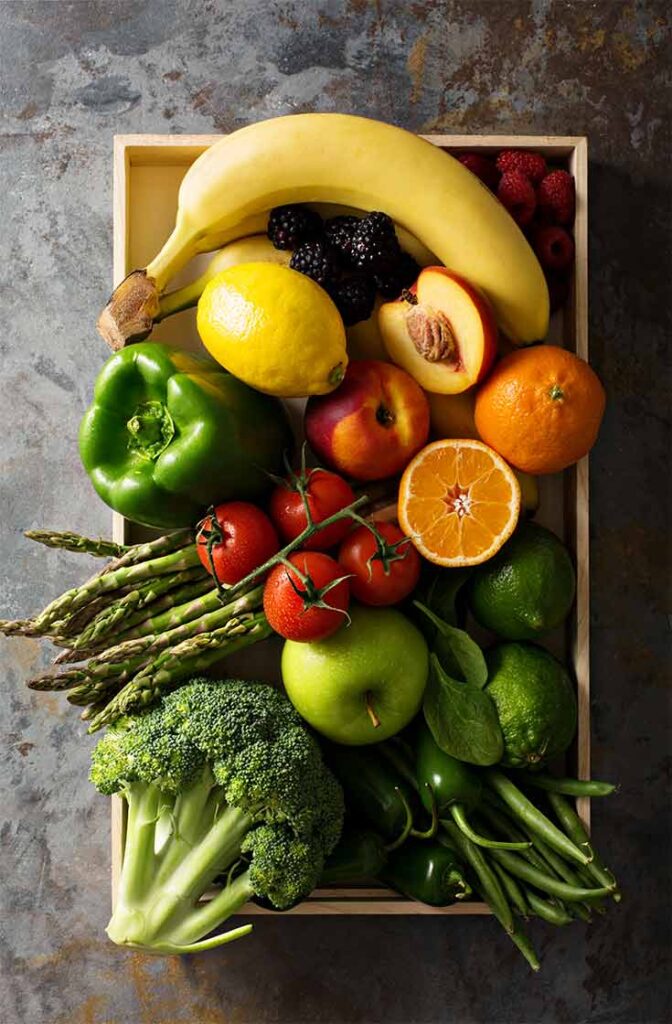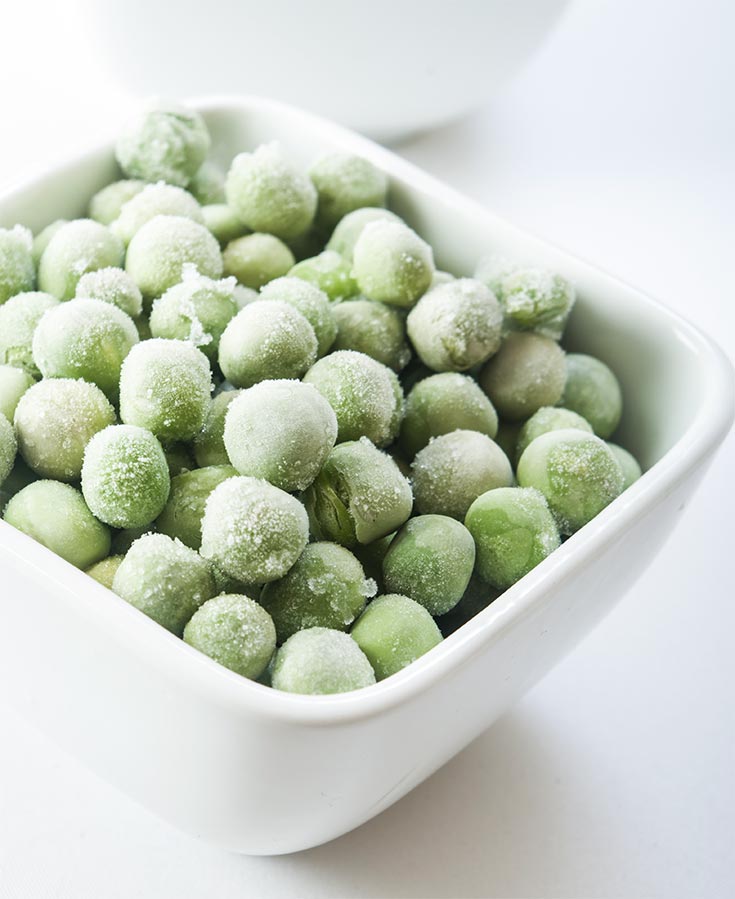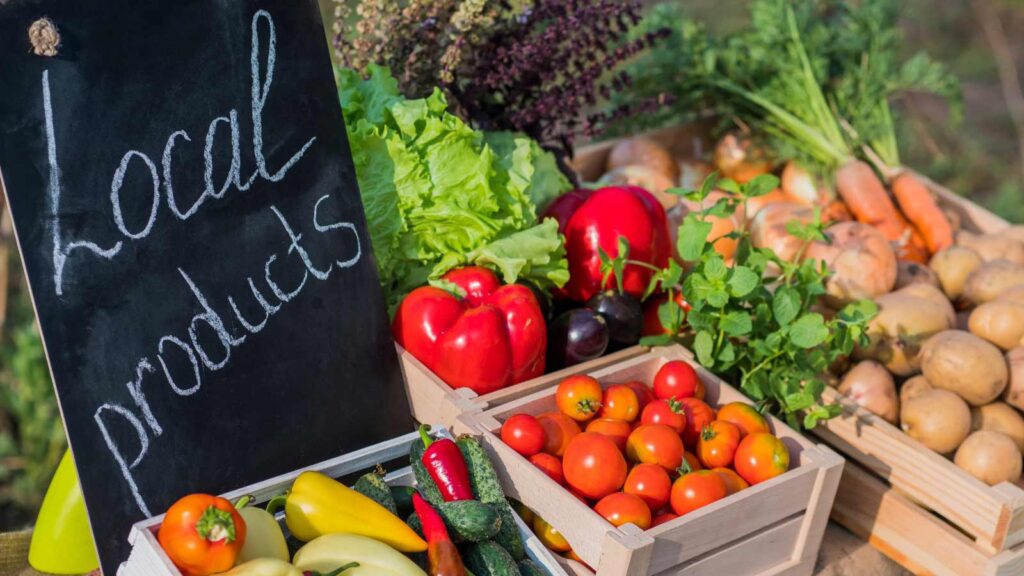How To Start A Mediterranean Diet
If you’ve ever struggled with how to start a Mediterranean diet, you aren’t alone. It can feel very foreign to make these kinds of changes. But changes are manageable when we take them a few steps at a time.
Many people don’t like to think about what they are eating at all. They just want to eat and get on with their day. But what you eat day after day can really add up if you aren’t eating things that are good for you.

Why The Mediterranean Diet?
The Mediterranean Diet is well known the world over for its great health benefits (especially for heart health) and for its life-extending tendencies.
If you’ve never heard of the blue zone before, it’s worth a quick Google search. These are places around the world where people live healthy, vibrant lives, many of them well past 100 years old, with significantly lower rates of disease.
Now, I’m not saying everyone wants to live past 100 (I’m sure it’s not for the faint of heart!), but if you could eke out a few more years of your life feeling great, wouldn’t it be worth making a few changes to your daily habits?
What Is The Mediterranean Diet
The Mediterranean diet is a diet focused on heart health and longevity. Its focus is on plant-based eating and includes proteins such as seafood and lean chicken in moderation.
On this diet, you will enjoy:
- Whole grains such as quinoa, millet, brown rice, whole wheat, and oats.
- Fresh fruits of any kind are welcome.
- Beans and legumes such as chickpeas and lentils are enjoyed in abundance.
- Good quality olive oil is the primary source of oil for things like homemade salad dressings or for cooking. But keep the heat low when cooking with olive oil.
- Healthy fats from avocados, nuts, and seeds.
- Dairy is consumed in moderation and is usually not milk. Most dairy on this eating plan is Greek yogurt or some sort of cheese.
- Moderate amounts of eggs and fatty fish such as salmon, mackerel, and sardines, as well as poultry, are included.
- Herbs and spices, both fresh and dried.

What Foods Are Not Allowed On The Mediterranean Diet?
There isn’t really a list of “can’t haves.” It’s more like a list of things you want to severely limit.
You’ll avoid red meat significantly. But If you follow this way of eating all year but want to have a steak for your birthday or for Christmas dinner, there is no issue with that.
The key is to drastically reduce, not completely eliminate. We all know the second we say we can’t have something, it’s the only thing we want to eat. So don’t do that to yourself.
You will also need to significantly reduce your intake of processed foods. Cook food from scratch using real food, most of which shouldn’t require an ingredient list at all. (I might know a great website that can help with that. 😉 Psst… you’re on it!)
Significantly reduce your intake of sugar in general, but especially of processed sugar. A couple of drops of honey in your cup of tea is fine. 5 to 6 processed sugar cubes in your coffee is not.
About The Wine
There is much conflicting information out there about drinking alcohol. Some say that drinking any alcohol is a major cause of cancer, while others point to blue zones and say that wine, especially red wine, is fine in moderation.
I do not promote alcohol on this site, so I will leave that decision to you and your doctor or dietitian.

I Still Don’t Know What To Eat On A Mediterranean Diet
If your fridge and cupboards are bare, it’s a great time to head to the store to replenish with healthy foods. In fact,
I even put together a full list for you here on how to stock your pantry for the Mediterranean Diet.
If you’re still confused, that’s probably because the Mediterranean Diet isn’t really a diet. While there are plenty of books on the market that will give you outlines and lists, these really aren’t necessary. But if lists are what you want, here’s something to get you started:
Fresh Produce
- Any fresh fruits you like best
- Any fresh or frozen veggies you like best. Eat a variety of veggies throughout your day and include plenty of dark, leafy greens.
Lean And Fatty meats
- Lean meats – Chicken, eggs, cod, and any other lean seafood.
- Fatty meats – This is mostly salmon and sardines.
Healthy Fats
- Healthy fats – This will be from good quality olive oil and things like avocados, nuts and seeds.
Whole Grain Carbs
- Any whole grains will do. Try farro, quinoa, millet, whole oats, and any number of whole grains available. There is a whole world beyond wheat.

The Mediterranean Diet Lifestyle
Yes, there is a lifestyle that goes with this diet. Health isn’t just about what you put in your mouth. It’s about a balance of many things, including exercise, social activities, hydration, adequate sleep, stress management, and, for some people, faith.
The Mediterranean diet is a well-rounded approach to living a better, more well-balanced life overall. It’s not about giving you a no-no list. It’s about balance.
Lifestyle Adjustments: 20 Ways To Improve Your Quality Of Life Without Spending A Penny
Don’t overwhelm yourself with changes. Little changes here and there throughout your day really add up. Build up to the lifestyle you are working towards. Overnight changes will never last. Some ideas for self care are:
- Mindful Breathing
- Daily Stretching or Yoga
- Nature Walks
- Journaling
- Reading
- Creative Expression (Art, Drawing, etc.)
- Listening to Music or Podcasts
- Digital Detox
- Aromatherapy
- DIY Spa Day
- Cooking Nutritious Meals
- Social Connection (Phone Calls, Video Chats)
- Mindfulness Exercises
- Decluttering
- Plant Care
- Body Scan Meditation
- Dance or Movement
- Volunteering or Acts of Kindness
- Gratitude Practice
- Setting Boundaries
The Money Issue
I always run into people who tell me that eating healthy is expensive. And please know that I am fully aware of food desserts and complete poverty when I say this. But eating healthy is not expensive. Especially these days when prices are going through the roof.
So many people are spending $30-$40 at the drive-through for one meal while I’m at home, opening a $2.99 bag of dried lentils to make lentil soup that might cost me a total of $15-$20 to make and will last me for many more meals than one.
If budgeting is a serious concern, I get it. I’m not trying to tell you what you can and can’t afford. So please don’t come at me.
What I am saying is that with a bit of planning, forethought, and a few simple recipes, you can eat a lot cheaper than most people think or want to believe.

Overcoming Challenges And Staying Consistent
The best way to stay on track is to find a buddy. Somebody you can confide in and maybe even go for walks with (or any activity that will give you social time). Support is always a great way to keep improvements moving forward.
Figure Things Out
Get clear about why you are doing this. List 3 top reasons, and then ask yourself “why” for each one. Once you have this answer, ask yourself “why” another 6 times. Doing this 7 times is a technique that works for many. By the time you’ve gotten to your seventh “why,” you’ve pretty well nailed down your core reasons for making these changes. These will be better than any surface reason you could give.
So, for example:
- Why do I want to do this? I want to feel better.
- Why do I want to feel better? Because I want to be around for my kids.
- Why do I want to be around for my kids? Because family is important to me.
- Why is family important to me? They are my base of support that I can’t live without.
- Why can’t I live without their support? Because I base much of my self-worth on their thoughts and opinions. They matter to me.
- Why do their thoughts and opinions matter to me? Because they are the reason I get up every morning.
- Why are they the reason I get up every morning?…..
The real reason you want to do this will be that very last answer.
This is very simplified, of course, but it’s a useful exercise in getting down to your core values and your real reasons for making this change. Wanting to feel better is a great reason, but it would just be a surface goal in this example. Not a real reason that would sustain your efforts.
Tracking Progress And Making Adjustments
Find some way to track the most important aspects of this journey. Firstly, because it’s a great way to see progress. Secondly, if we aren’t seeing the progress we hoped for, it allows us to look back to see where we could tweak things a bit to get the needle moving again.
Not Just A Diet
As you can see, the Mediterranean diet isn’t really a diet at all. It’s an all-encompassing method for changing your health for the better. And we could all use more of that, don’t you think?



Thank you for this fantastic article. I am learning so much from your website. I appreciate all your recipes and posts. Stay happy and healthy and thank you!!
Vanessa – My pleasure! I’m glad you found it helpful! 🙂